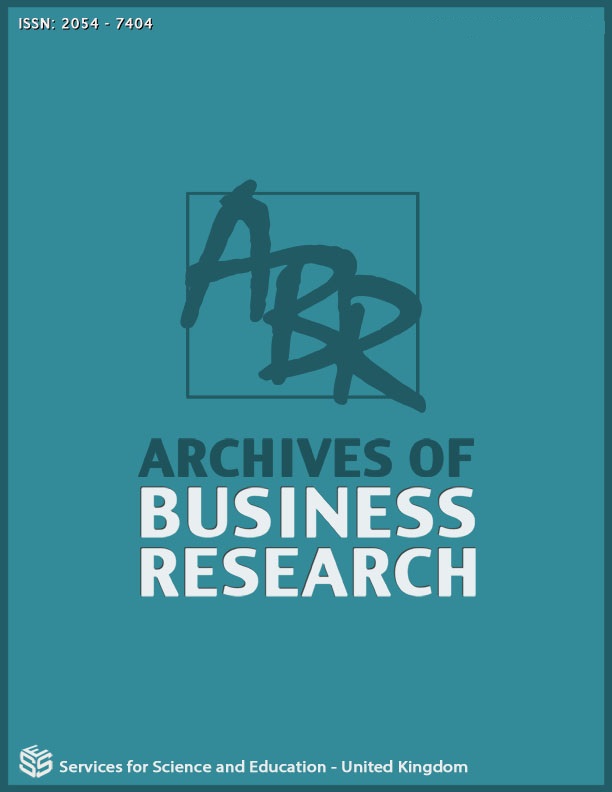Leading A Sustainable Workforce: Assessing the Pandemic’s Influence on Job Insecurities, Anxiety, Work Overload, and Turnover Intentions in Hospitality
DOI:
https://doi.org/10.14738/abr.118.15273Keywords:
Covid-19, sustainable workforce, job insecurity, job satisfaction, turnover intentionsAbstract
The COVID-19 pandemic’s acute phase has faded, but the hospitality industry suffered extensive employee shortages due to industry layoffs, downsizing, terminations, closings, and the Great Resignation. Although the hospitality industry has rebounded, staff shortages and the impacts of the COVID-19 pandemic remain a concern. This study aims to explore the factors that affect employee turnover intention by highlighting the effect of the pandemic on employees’ anxiety, organizational changes, work stressors, and locus of control. Results found that the top three factors that led to employee voluntary turnover were organizational changes, stress from work, and work locus of control. This study also found that employees' anxiety resulting from COVID-19 does not affect their turnover intention. Analyzing statistical data and relationships among each factor can assist hospitality practitioners in developing strategies to recruit, motivate, retain, and engage staff for future crises, thereby creating a more sustainable workforce. Theoretical and practical implications for future research are also discussed.
Downloads
Published
How to Cite
Issue
Section
License
Copyright (c) 2023 Prawannarat Brewer, Heidi L. Dent, Angela G. Sebby

This work is licensed under a Creative Commons Attribution 4.0 International License.






